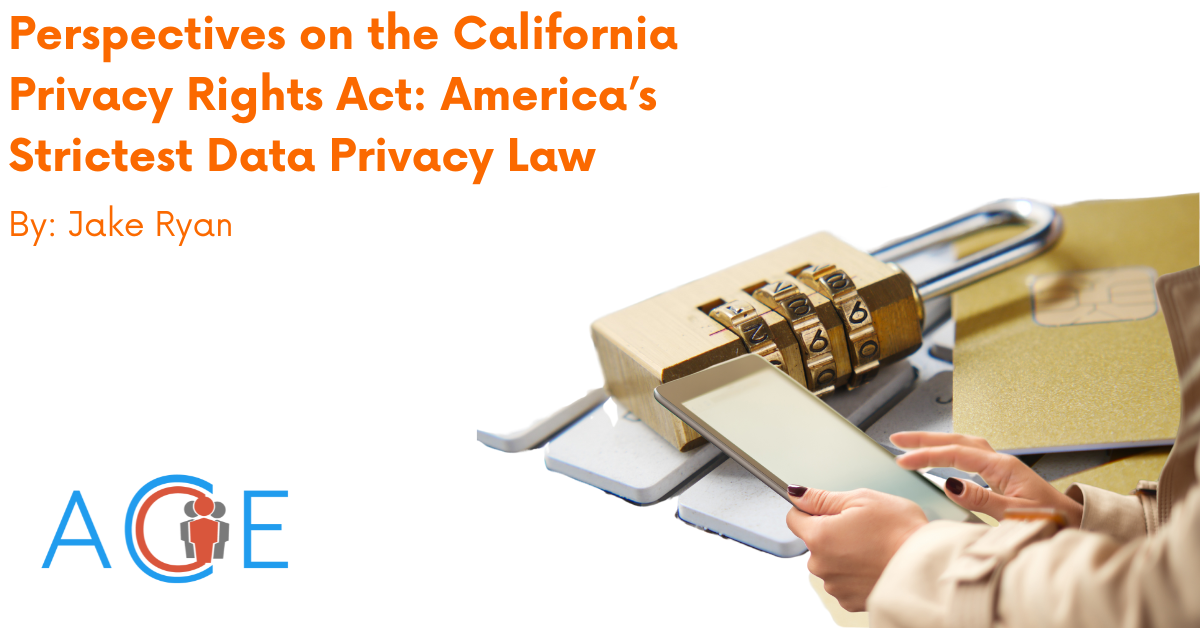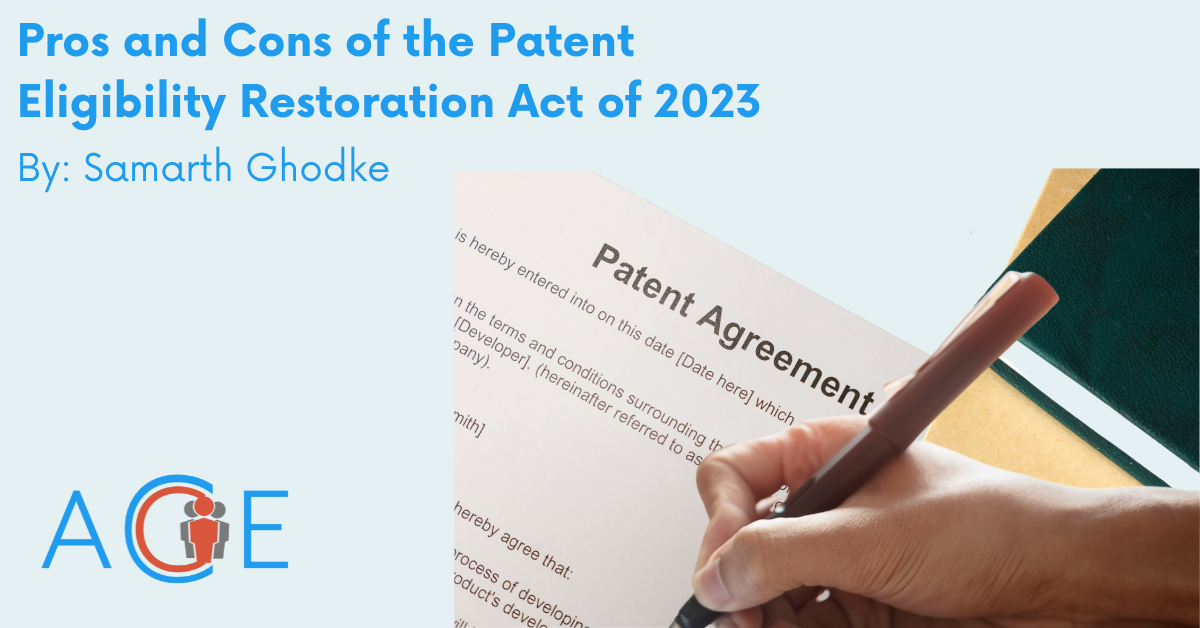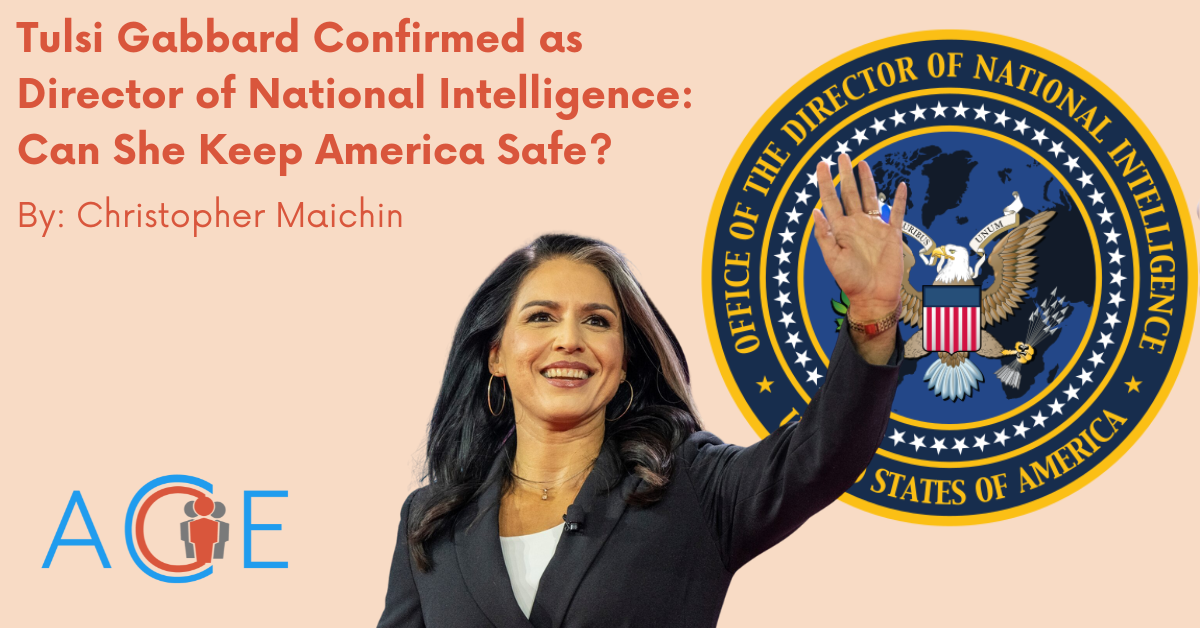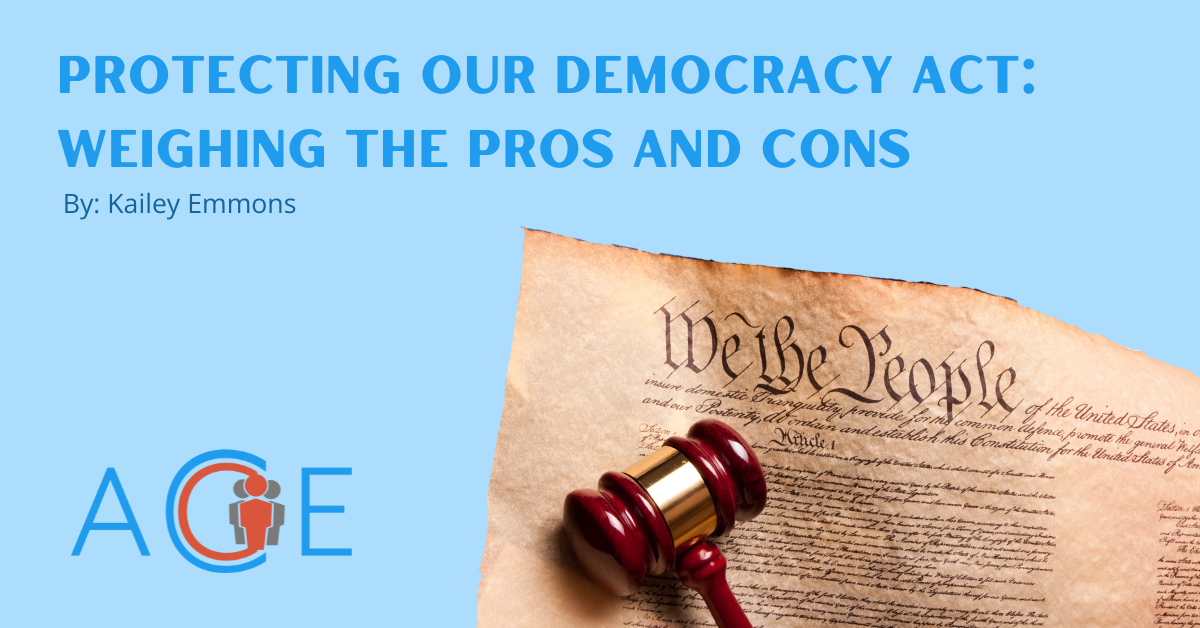What is Title 42?
Title 42, established under the Public Health Service Act of 1944, grants the U.S. government authority to expel individuals recently present in a country with a communicable disease. Section 362 of the act allows the Surgeon General to halt the “introduction of persons or property” to prevent the spread of disease. While rarely used in modern history, Title 42 became a key immigration enforcement tool during the first Trump administration.
The first recorded use of Title 42 occurred in 1929 to restrict entry from China and the Philippines during a meningitis outbreak. Decades later, on March 20, 2020, the Centers for Disease Control and Prevention (CDC) invoked the policy to limit the spread of COVID-19 across state and national borders.
Implementation and Impact
During the first two years of its enforcement, Title 42 was used around 2.5 million times to deport migrants entering the U.S. It gave border control agents the authority to expel migrants without offering the opportunity for them to seek asylum, although families and children traveling alone were exempt from this provision. Beginning in January 2023, migrants coming from Mexico could request a Title 42 exemption through the CBP One app if they met vulnerability criteria.
In April 2022, the CDC announced that Title 42 was no longer necessary and would be terminated in May 2022, citing increased vaccination rates and improved treatments for COVID-19. However, several Republican-led states challenged this decision, and the case went to the Supreme Court. While the Court allowed continued enforcement of Title 42 before it heard arguments, it dismissed the case the following year. Title 42 expired in May 2023.
Arguments in Favor of Title 42
Supporters of Title 42, including the Trump administration, argued that the policy was necessary to limit the spread of COVID-19 in detention centers and, by extension, within the United States. In a 2020 briefing, President Trump stated that his actions to secure the northern and southern border under Title 42 would “save countless lives.” The Trump administration’s declaration of a COVID-19 national emergency on March 18th, 2020, framed stricter immigration policy as a matter of public health.
Some states also supported Title 42 to prevent a surge in migration that could overwhelm their border facilities. Texas, for example, argued that lifting the policy would place an undue burden on the state, leading it to implement Operation Lone Star, which allocated state resources to border security.
The policy also received occasional bipartisan support, and was willfully enforced by the Biden administration until the CDC attempted to terminate Title 42 in April 2022. In early 2022, at least nine Democrats argued that Title 42 should be extended. President Biden also debated whether or not the policy should end. In January 2023, he expanded the scope of Title 42 to include migrants originating from Cuba, Nicaragua, Haiti, and Venezuela.
Arguments Against Title 42
Critics of Title 42 argue that it violates international norms, particularly Article 14 of the Universal Declaration of Human Rights, which recognizes the right to seek asylum. While the U.S. did not ratify the declaration, it played a key role in its creation and remains a signatory. Additionally, since 1980, U.S. law has recognized the right to seek asylum, rendering Title 42’s restrictions controversial in the context of global and domestic asylum norms.
Public health experts also questioned the policy’s effectiveness in controlling COVID-19. There is no statistical evidence linking Title 42 expulsions to a reduction in COVID-19 cases. Instead, critics suggest that overcrowding in detention centers may have worsened public health conditions. One migrant described being held in “crowded conditions” for days without COVID-19 testing before being transported in similarly congested vehicles. Additionally, a senior advisor to the Trump administration pushed for the use of Title 42 before COVID-19, raising concerns about whether the policy was implemented for genuine public health reasons.
Opponents also contend that Title 42 subjected migrants to precarious conditions. Doctors Without Borders emphasized that mass expulsions left individuals without access to shelter, food, medical care, or legal representation. A fire in a migrant detention center, which killed 39 people, underscored these risks; surveillance footage showed detainees trapped in locked cells while guards failed to intervene. Critics also argue that the policy’s implementation often resulted in asylum seekers being detained in poor conditions and returned to the dangers they had fled.
Future Prospects
While Title 42 was invoked as a measure to protect public health, its effectiveness in achieving those goals remains debated. Proponents argue it was an effective solution that addressed co-occurring public health and immigration crises, while opponents argue it invited human rights violations and had a counterproductive impact on public health. Internal documents collected from the Trump administration in February 2025 suggest that President Trump aims to reinstate Title 42 policies, labeling unauthorized migrants as “public health risks” that “could spread communicable diseases like tuberculosis.” The Trump administration previously shut down the CBP One app, which assisted migrants in requesting Title 42 exemptions. The policy continues to evoke mixed reactions, and if reintroduced, past experiences may provide insights into its potential impact.





